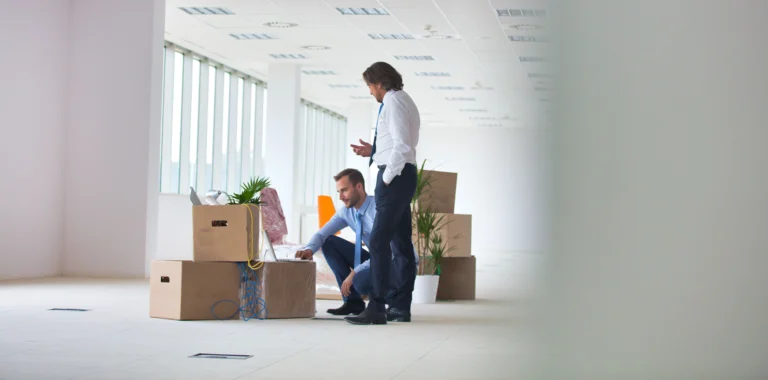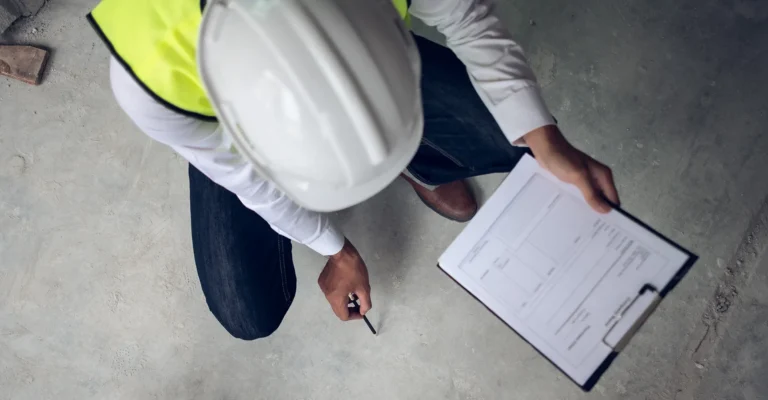Homeowners’ association (HOA) and condominium owners’ association (COA) conflicts in Florida often feel like an endless tangle of covenants, fines, and meetings. With nearly one in four Floridians living under HOA or COA governance, disputes over fees, architectural rules, or board elections are commonplace. When these disagreements arise, having a seasoned advocate who understands Chapters 720 and 718 of the Florida Statutes can make all the difference. At Lyons Litigation Group, attorney Chantay N. Perry combines sharp legal acumen with heartfelt client care to guide you through every phase of your HOA or COA dispute.
Understanding HOA and COA Disputes in Florida
Florida HOA disputes frequently involve alleged violations of deed restrictions, late assessment penalties, conflicts over exterior modifications, and challenges to board elections. COA disagreements often center on reserve fund allocations, special assessments, delayed maintenance of common elements, insurance coverage gaps, or accessibility claims. Each matter requires careful analysis of your association’s declarations, bylaws, and minutes, alongside strict compliance with the procedural mandates of the Florida Division of Condominiums, Timeshares, and Mobile Homes.
Why Specialized Representation Matters
Florida’s statutory scheme for community associations is exceptionally detailed, with mandatory pre-suit mediation requirements and tight filing deadlines. A single procedural misstep—such as missing an arbitration notice deadline or neglecting to demand records in writing—can derail your claim or defense. Lyons Litigation Group leverages deep knowledge of HOA and COA litigation to ensure every notice, petition, and motion is filed correctly. Whether negotiating a settlement or preparing for circuit court, our team protects your rights at every turn.
Proven Strategies for Resolving Disputes
Our process always begins with a thorough document review to pinpoint procedural defects or substantive overreaches by an association or member. We then pursue early mediation under Chapters 720 or 718 to defuse tensions and preserve community harmony. If a board exceeds its authority, we file motions to dismiss improper liens, void unjust fines, or compel essential disclosures. And when mediation cannot resolve the issue, Chantay’s trial-ready approach ensures you enter the courtroom fully prepared.
Practical Advice for Homeowners and Boards
Homeowners should maintain detailed records of all HOA or COA communications, review governing documents before altering property exteriors, and consult legal counsel promptly to meet Florida’s strict deadlines. Association boards must verify that meeting minutes, votes, and notices strictly follow their bylaws, clearly communicate rule changes and assessment schedules, and offer members mediation before resorting to enforcement actions.
Why Lyons Litigation Group Is Your Best Choice
Every homeowners association dispute in Florida carries unique challenges. Lyons Litigation Group delivers specialized expertise in Chapters 720 and 718, a proven track record of negotiated resolutions and trial victories, and a client-focused approach built on transparency and clear communication. With Chantay N. Perry at your side, you gain a fierce litigator committed to achieving the best outcome for your community.
Take the Next Step
Disputes over fees, governance, or architectural rules don’t have to escalate into drawn-out litigation. Reach out to Lyons Litigation Group today to schedule a consultation with Chantay N. Perry. Together, we’ll develop a strategic plan tailored to your HOA or COA needs and defend your community’s future.




